I spent part of my Easter break reading Island Home: A Landscape Memoir, Australian author, Tim Winton’s latest book. This is indeed Winton at the height of his powers. In what has been called a ‘love letter’ to Australia, Winton’s words leap off the pages like lyrics to past remembered songs. He reflects on how the Australian landscape has been the burning inspiration for his writing during his entire career.
Rather than review what is for me the best book of 2016 (it was published in September 2015), I want to share how it has inspired me to reflect on my own relationship to landscape and how it may have entered my own writing.
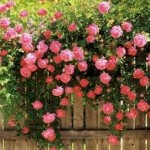 The childhood landscapes around Murray Bridge still linger in my imagination, particularly the house and garden established by my grandfather in which I grew up. This was a garden full of cypress and fruit trees; tiny black grapes growing along the fence line; the sweetness of whole bunches stuffed in the mouth on a hot afternoon; a climbing pink rose across the back fence that seemed to flower for the whole year. My passion for gardens was nurtured here and I can still feel the uncomfortable scratching of kikuyu grass when as children we rolled around on our front lawn.
The childhood landscapes around Murray Bridge still linger in my imagination, particularly the house and garden established by my grandfather in which I grew up. This was a garden full of cypress and fruit trees; tiny black grapes growing along the fence line; the sweetness of whole bunches stuffed in the mouth on a hot afternoon; a climbing pink rose across the back fence that seemed to flower for the whole year. My passion for gardens was nurtured here and I can still feel the uncomfortable scratching of kikuyu grass when as children we rolled around on our front lawn.
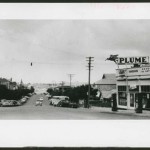 There were those long views from the house down the main street all the way to the river; memories of the big flood of 1956; the startling cry at night of the caged peacock in the park nearby; the oily smells from my father’s garage next door; the long windy trip in the back of a car to Adelaide through the misty winter hills; the treks through paddocks to collect mushrooms; the Saturday afternoon matinees; their replays in the almond tree in the back yard; the summer holidays at Port Elliott with seaweed smells and the hypnotic swirls of the sea over rocks.
There were those long views from the house down the main street all the way to the river; memories of the big flood of 1956; the startling cry at night of the caged peacock in the park nearby; the oily smells from my father’s garage next door; the long windy trip in the back of a car to Adelaide through the misty winter hills; the treks through paddocks to collect mushrooms; the Saturday afternoon matinees; their replays in the almond tree in the back yard; the summer holidays at Port Elliott with seaweed smells and the hypnotic swirls of the sea over rocks.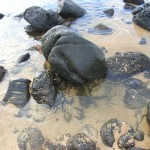
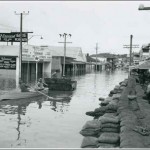
All landscape I believe has emotional resonance but Winton’s landscapes are broader, perhaps less domestic than my own but Winton has reminded me of the sustaining power of these landscape/memories. As a nation made up of ancestors mostly grafted onto the Australian landscape from somewhere overseas, it may be a slow process to realise that this unique landscape is truly our home- both individually and as a national identity.
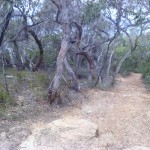 In more recent years, despite abandoning that landscape of my childhood, I’ve come to connect deeply with the landscapes in which I’ve been fortunate to settle. Living for ten years in Daylesford gave me unforgettable experiences of long walks in the bush, the smells of eucalypts on hot days, the tall deep canopies of trees as solemn and sacred as any cathedral.
In more recent years, despite abandoning that landscape of my childhood, I’ve come to connect deeply with the landscapes in which I’ve been fortunate to settle. Living for ten years in Daylesford gave me unforgettable experiences of long walks in the bush, the smells of eucalypts on hot days, the tall deep canopies of trees as solemn and sacred as any cathedral.
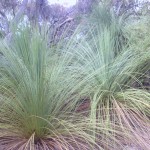
Now here beside the ocean, deep in the dunes, it’s possible to believe this landscape is unchanged since indigenous families walked here. Their vast middens of now discarded shells from meals long-eaten are easy to people with the indigenous tribes who visited here each summer. To walk here with nothing but the sound of the nearby ocean and the wind in the Moonah is to be truly connected to landscape in a most spiritual way.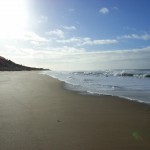
Then there are the birds. Where to begin? There are the flocks of black swan, the groups of magnificent pelicans or the heron picking their way through the wetlands like tai-chi aficionados on steroids. Then there are the small birds, the Blue Wrens bouncing through the garden like ping-pong balls or the aptly named Golden Whistler demanding attention with its shrill song. The list is endless.
Compared with Winton, mine is a very amateur and non-botanical observation of these places and what lives within them but they move me deeply nevertheless.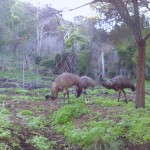
It’s impossible of course not to lament what’s already been lost in our landscapes since Europeans arrived and with government policies and their mantras of ‘economic development at all costs’, our natural landscapes keep being swallowed up. Dizzyingly, new housing estates grow up overnight around us like mushrooms after a full moon.
Then there’s that loss to indigenous culture which is difficult to quantify especially since its effects continue to roll on through the generations with low life expectancies and all the effects from destabilised communities.
Winton looks squarely at the losses too but although realistic he does see opportunities. Towards the end of his book he spends time suggesting that there’s much to learn from indigenous people about living in these landscapes. He introduces us to two little-known, but now departed, indigenous leaders David Bangall Mowaljarlai and Bill Neidjie whose ancient traditions he suggests can alter ‘our broader national narrative for all time.’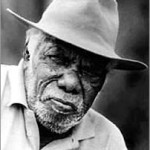
‘Aboriginal wisdom is the most under-utilized intellectual and emotional resource this country has’ says Winton. Winton’s book is a reminder that we all have these sustaining landscapes embedded within our souls, that make each of us unique and special. There’s much to ponder and reflect on in this very personal and poetic book and his words have helped me connect to my own interior and exterior landscapes.
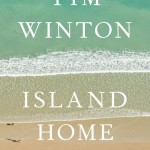 Island Home: A Landscape Memoir is published in Australia by Penguin
Island Home: A Landscape Memoir is published in Australia by Penguin

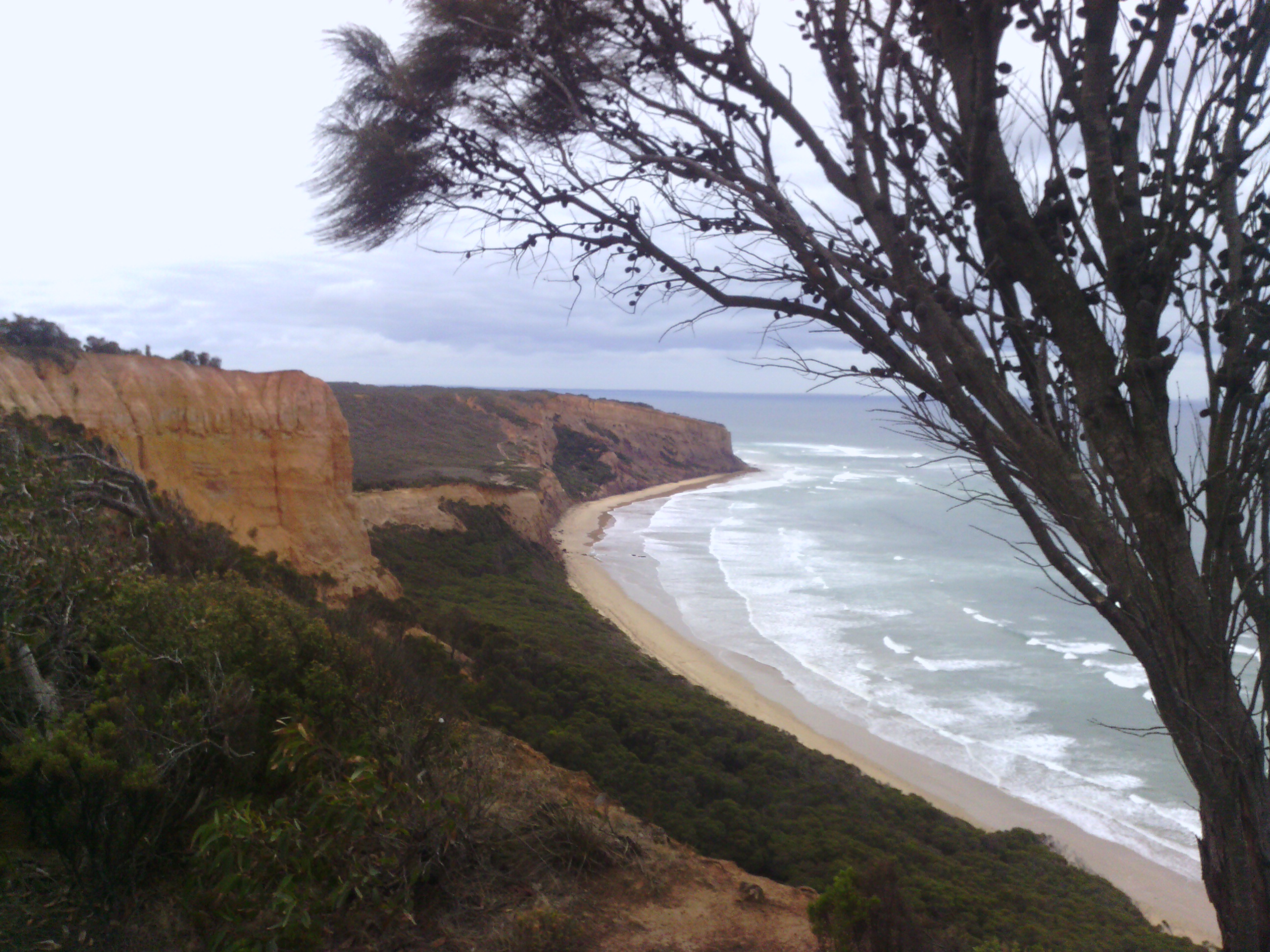
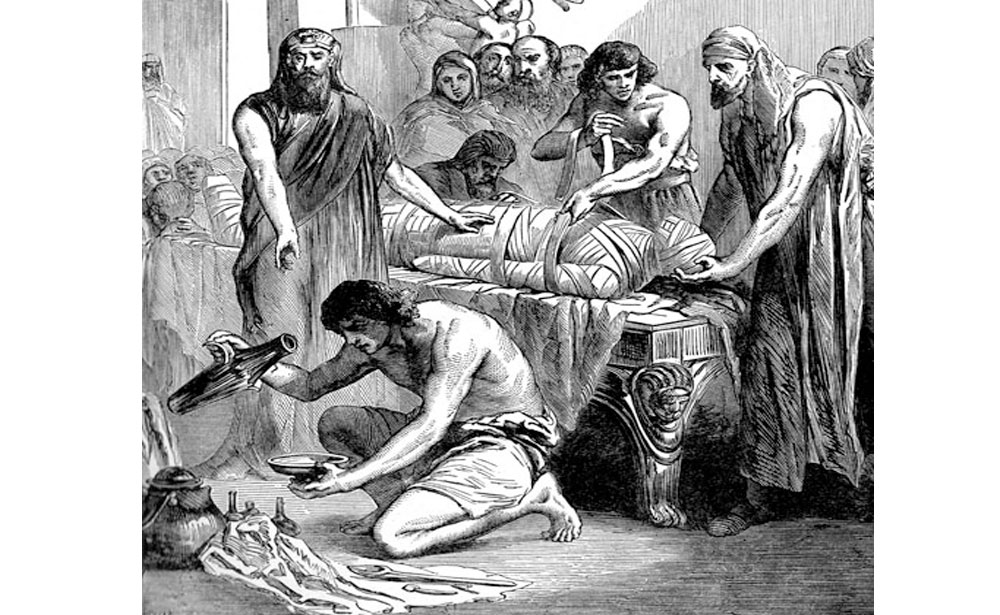


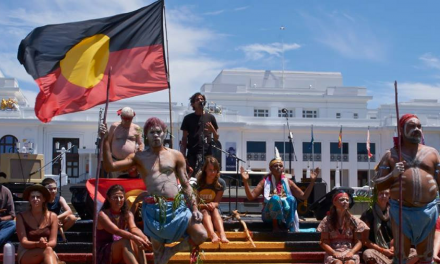
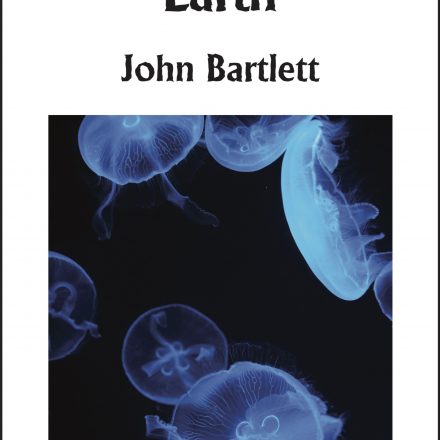
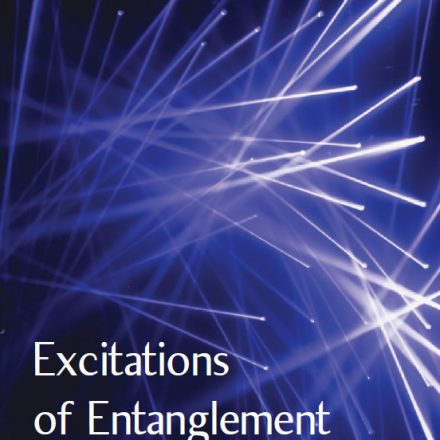
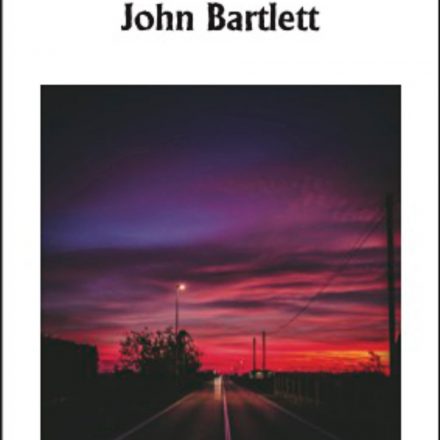
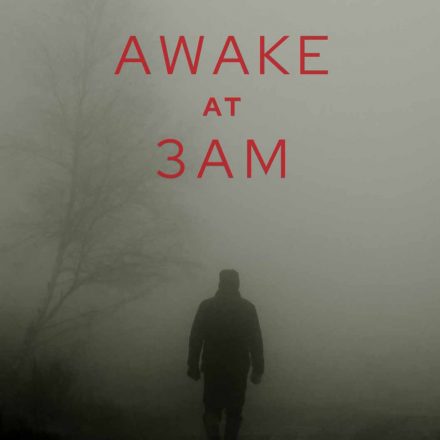
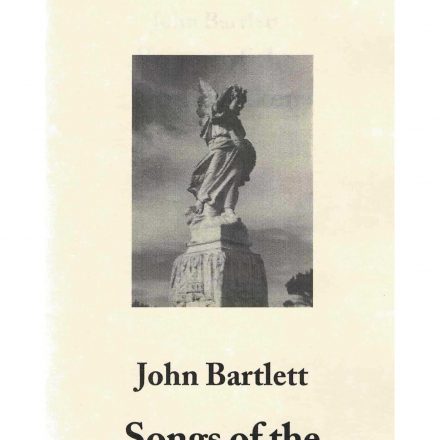
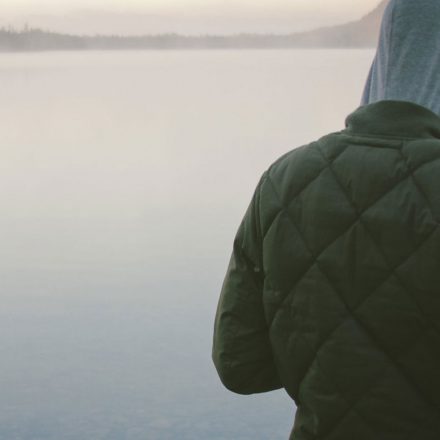
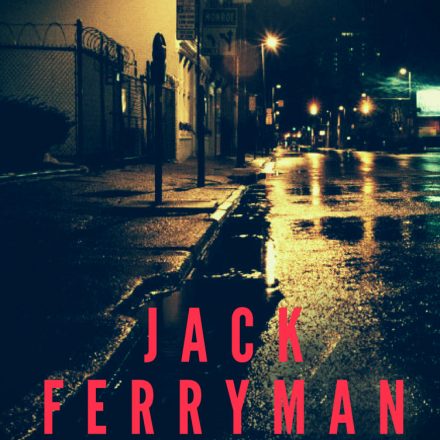
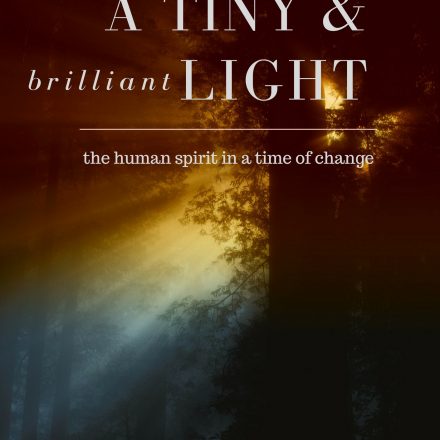
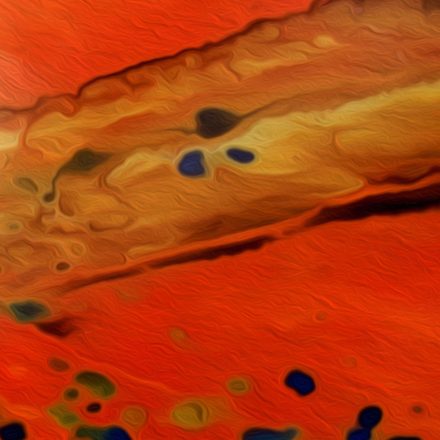
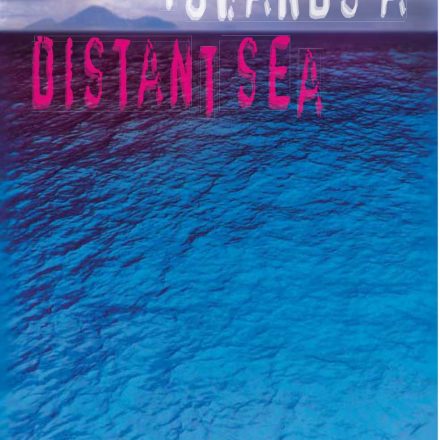
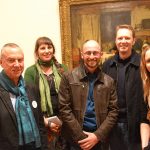
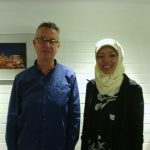
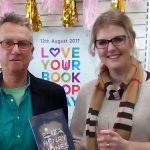
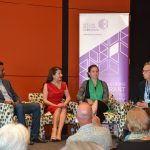

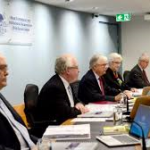
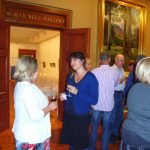
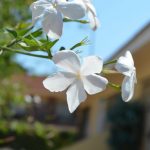

John, your title, ‘Landscapes of the heart’, captures the essential reality of those landscapes which affect us deeply.
Landscapes remembered from childhood continue to comfort decades later, when old friends have gone or simply drifted away, when old homes have fallen down or been renovated beyond all recognition, even if new roads and scrub clearing sometimes appear as scars across the land.
Some landscapes serve as bookmarks for particularly significant chapters in our lives. Not always comforting, they form a natural context which triggers the emotions appropriate to the memories which flood back to mind.
The sense of a place is communicated by the landscape. Next week, I’ll be in Central Australia, with its red soil and barren rocky outcrops, where the generally low vegetation with sparse grey-green or grey-blue foliage reflects the harsh, hot sun from steely blue summer skies, and barely bends before the chill dry winter winds. For me, driving from Alice Springs to the culturally significant locations of Uluru, Kata Tjuta, and Watarrka, the roads will be the only visible human imprint as far as the horizon in all directions.
Meanwhile my wife, who doesn’t feel the power of arid landscapes, is travelling in West Java, where the thick deep-green foliage hugging the cliffs and lining the deep ravines of the mountainous inland fill the already humid air with the fecund odour of unrestrained life. The neatly terraced rice paddies around the many small villages scattered throughout, form the very visible human imprint on West Java’s landscape.
These two very different landscapes, each with their beauty and power, accommodating human presence to the extent that rainfall and soil quality allow, are both fragile in the face of unrestrained human activity. Respect for the land should go hand in hand with living on it.
This struck a chord with me, as landscape has always been an integral part of my sense of self. I grew up on a farm in western NSW with red earth and Mallee trees and the wonderful ribbon of green along the Murrumbidgee (and yes, John, I remember the 19565 flood, too!). I had ten square miles to roam on my own on my horse and, although I don’t have the thousand yard stare, I still relish having space around me; green or sandy, it’s still open space. Gums have always been the ‘natural’ shape of trees for me and rivers are more important than seas. I identified very strongly as an Australian because I grew up in the country. to my mind, at the time, that was ‘the real Australia’.
As a country kid I was astonished and delighted when I first saw a ferny creek in the Dandenongs; I had never imagined such lushness, such greenness! It was a different world to the red plains, a wonderfully rich, very different landscape. It left a hunger in me all my life for such a place.
I moved to the city as an adult then lived on hobby farms. Green was still very important. Now I have what is for me the perfect balance, the convenience of living in a small regional city and a bush block just an hour down the road. I inhale deeply when I reach the rainforest each weekend and look around me. No long vistas here, the trees and tea-tree press around closely, but it’s green, vibrant with life and I can plunge down winding wallaby tracks and enjoy what each turn brings.
Each season brings fresh joy. In spring the wildflowers come up, a different few each week and the tea-tree becomes a blaze of white; in summer grasses develop full heads which nod in warm breezes and the banksia glows golden; autumn brings back the mosses and lichens and winter gives fresh lustre to the ferns, offers fungi of a multitude of shapes and colours and, of course, the magnificent wattles.
This space and greenness is essential to my mental and emotional well-being. I would not be whole without it and I think many people suffer from its lack. Whether it is the comforting landscape of childhood or one we have adopted, that space and greenness grounds us and gives us sanity.
I read a study recently which found that people in cities who lived near parks lived on average longer than those who didn’t, regardless of the amount of exercise they did! Food for thought. By divorcing ourselves from broad vistas and growing things we are harming ourselves physically as well as spiritually.